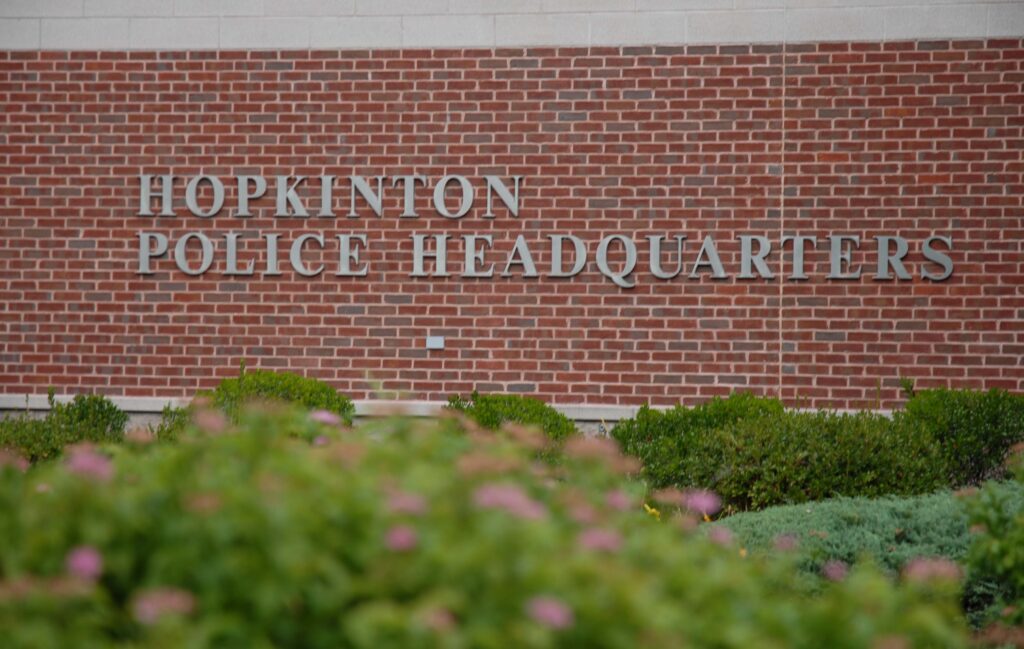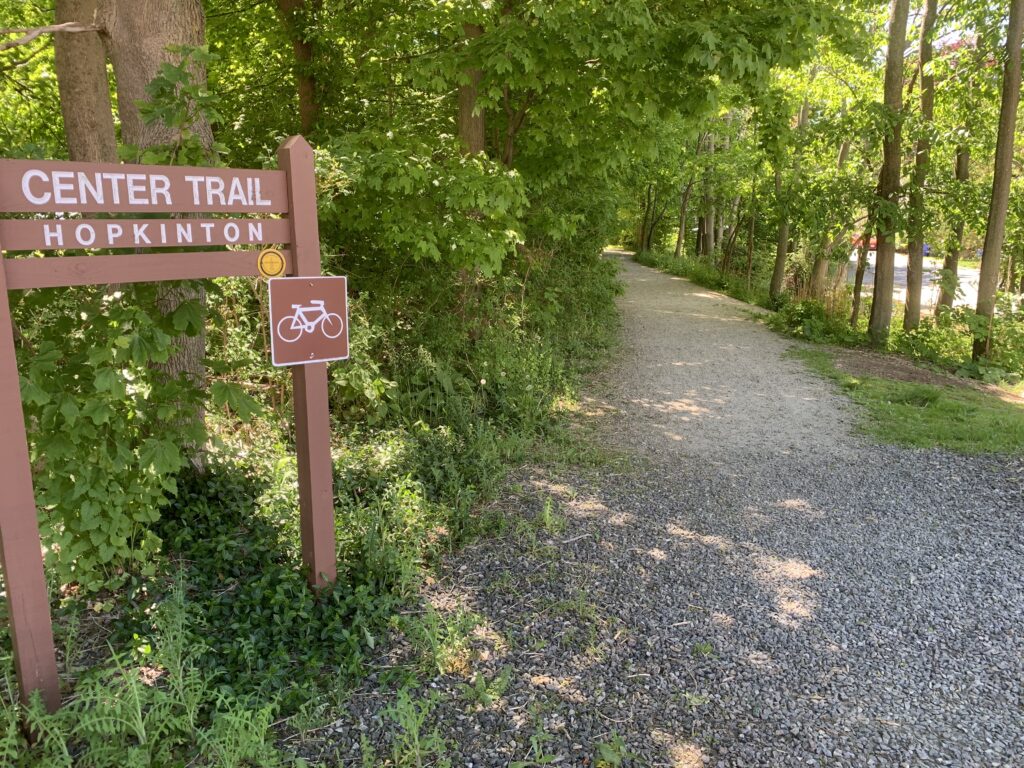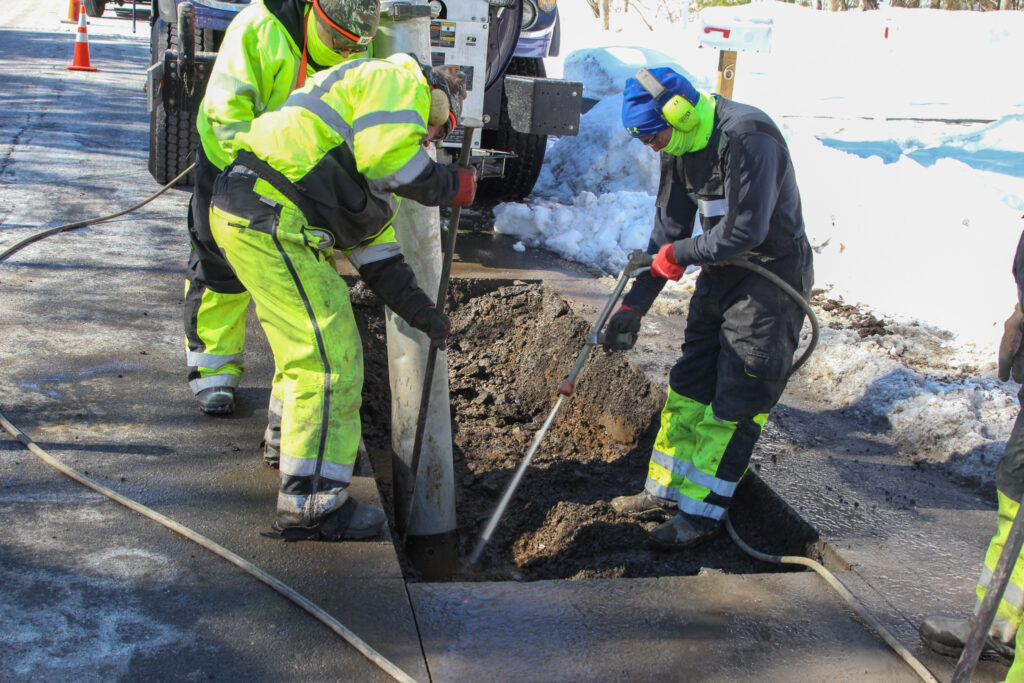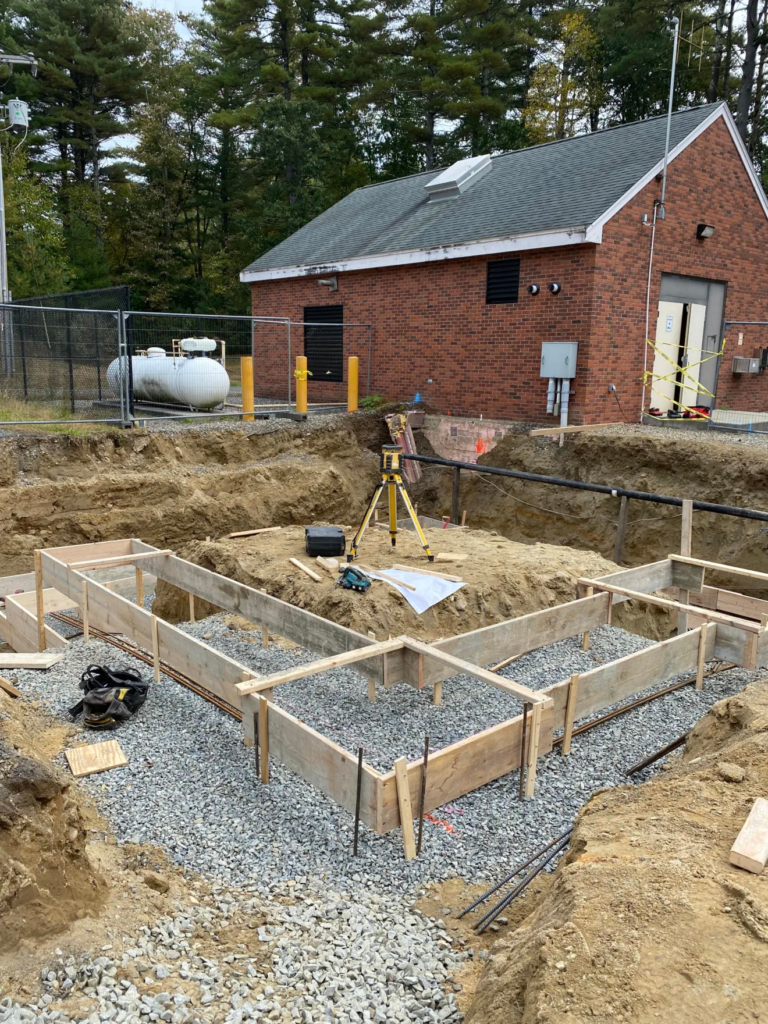The Board of Health at its meeting Monday evening discussed the lack of state guidance on PFAS levels and Hopkinton’s leading role in its regional health collaborative structure.
Health Department Director Shaun McAuliffe told board members that no state guidance from the Department of Environmental Protection has been issued yet regarding the acceptable level of PFAS in public wells. These perfluoroalkyl and polyfluoroalkyl substances have been deemed “forever chemicals” because they are not biodegradable. They are used as coatings to protect manufactured goods from stains and water damage.
The town began construction of a PFAS filtration system at Well 6 on Oct. 12.
“The questions I have asked them are about how they are going to justify having two drinking water standards — one for private wells and one for public municipal wells,” he explained.
The public water supply wells “will likely have a standard of 4 parts per trillion,” while private wells are anticipated to be allowed to have a level of up to 25 PPT, he said.
Asked McAuliffe: “How do you educate the public on why one group has a stricter requirement? It’s really tough to defend.”
He noted that PFAS is “very prevalent” in food and compost as well as in the groundwater beneath sewage treatment plants. It can then be reabsorbed into the food supply and drinking water. PFAS is most dangerous to infants.
“They’re finally making that link between prior firefighting sites and any businesses that used PFAS to waterproof and stain-proof,” added McAuliffe. “This is the first time that the DEP is coming out and admitting that PFAS is in all these different sources.”
If residents want to test their wells, they need to use a lab certified by MassDEP.
Vice chair Nasiba Mannan noted that she has received outreach from concerned residents about the PFAS levels in town.
“I hear from the community a lot, and they are all frustrated by the lack of guidelines,” she said. “There is a hope for clear messaging.”
McAuliffe noted that filters in refrigerator water dispensers and Brita pitchers are effective at removing PFAS. Also, about 20% of all PFAS comes from tap water.
For those on the municipal water supply, the PFAS problem likely will be resolved when the town connects to the Massachusetts Water and Sewer Authority. But McAuliffe said that is “a couple of years away.”
COVID-19 vaccines available on more limited basis
Because the government is no longer providing free COVID-19 vaccines, providing widespread vaccinations to the town is not feasible. Each shot costs about $150, according to McAuliffe.
There is a bridge program for children and those who do not have medical coverage, Public Health Nurse Simone Carter explained. They will be available on an as-needed basis “for those on the cusp.”
The department still is owed reimbursement from the state for more than 600 shots last year, which impacts the department’s budget, McAuliffe said.
A drive-through clinic will be held on Friday in conjunction with the Hopkinton Fire Department. Three hundred people have signed up so far, according to Carter. Vaccinations have also been provided in the schools by the Health Department.
On a separate note, Carter shared data about the role of the three Health Department nurses. More than 40% of their time is devoted to community outreach. There also are home visits and referrals to other providers in addition to office work.
Thillaigovindan deputized as MetroWest tobacco agent
The board voted 3-0 to deputize Parivallal Thillaigovindan as the new MetroWest tobacco agent for the town as part of the regional collaborative. The Ashland resident’s work is based out of Framingham, where he has worked for the past three months.
This comes on the heels of McAuliffe’s announcement that Price Chopper “elected to forfeit their tobacco license.”
Said McAuliffe: “Partnering with the state, we have a fantastic compliance history now.”
Hopkinton Health Department praised at health conference
McAuliffe said he attended the 61st Annual Yankee Conference on Environmental Health in late September, where the Hopkinton Health Department received praise. It was held in conjunction with the 2023 FDA Northeast Annual Food Protection Seminar.
“Hopkinton is doing well as a community compared to others as far as the Health Department, public health nursing and our level of education and expertise in different areas,” he said. “We are often referenced about knowing more about PFAS and because our nurses are top-notch.”
He added that the state’s Department of Public Health recently published a dashboard of how health departments in regional collaboratives are performing. The MetroWest shared services collaborative, of which Hopkinton is a part, has outperformed other collaboratives in the state. Individually, Hopkinton has been “at the top of the ultra-high performers” in the state.





















Is this statement true?
McAuliffe noted that filters in refrigerator water dispensers and Brita pitchers are effective at removing PFAS.